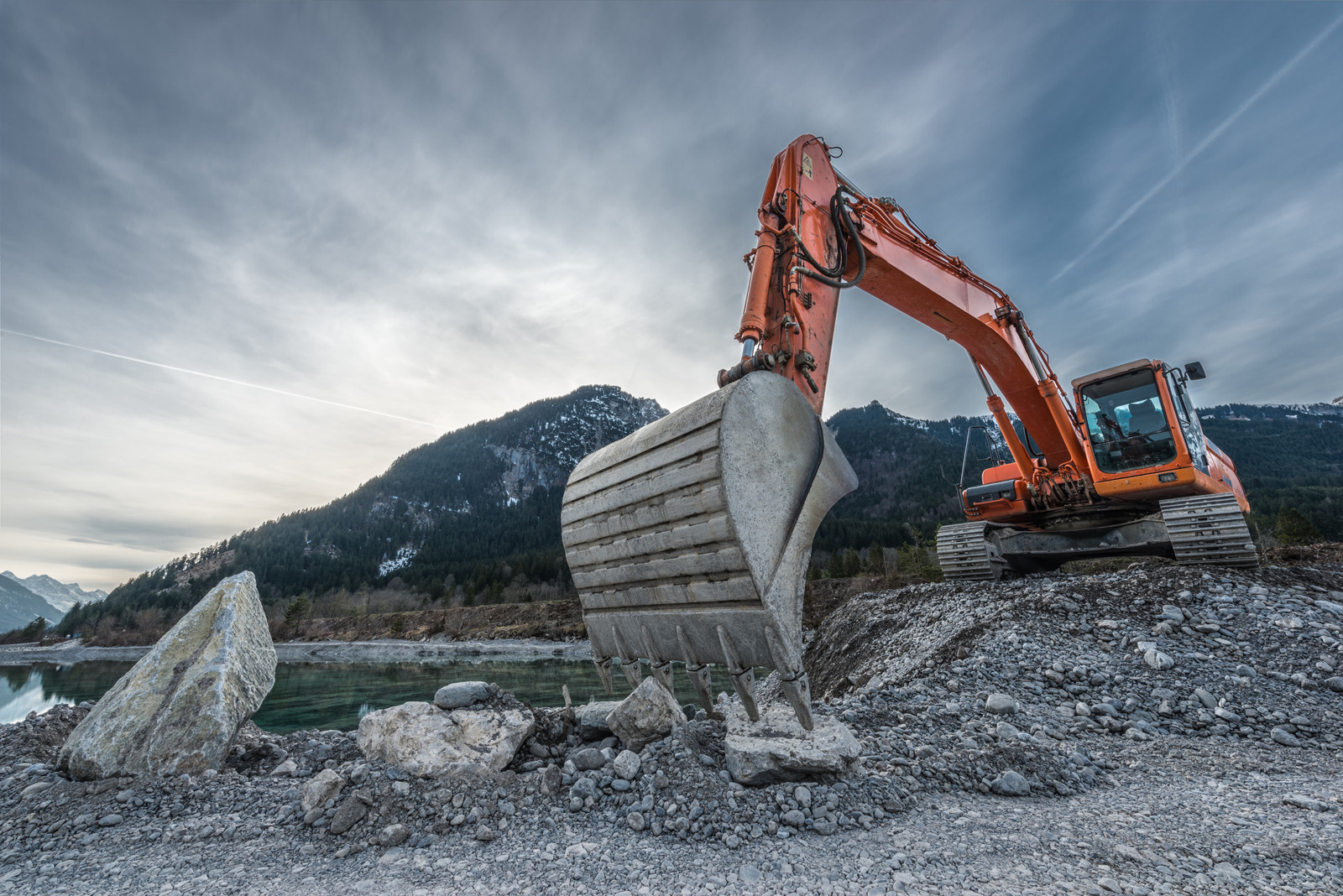Key Factors to Consider When Dealing With Heavy Equipment
Construction projects are high-pressure jobs that require timely delivery and attention to details. Today’s building projects are reliant on technology, including heavy machinery. These machines help in keeping up with the project timelines. The heavy equipment also improves the quality of the built structure. You can click here to find the best construction equipment and the construction related services. However, the high cost required to purchase or hire these heavy equipment calls for their proper handling while on site. The following are factors to consider when dealing with heavy machinery at a construction site:
- Availability of expertise to operate the equipment:
The need for heavy lifting or digging is common in construction sites. As a constructor, before you consider hiring or buying heavy equipment, assess whether you have the skills or expertise to operate the machine within your workforce. While buying a machine calls for training or hiring qualified personnel, hiring comes with two options. If you don’t have the right personnel, consider wet hire as it will save you time. You can also opt for dry hire for construction machinery if you have individuals within your staff who can operate and maintain the equipment. It will save you time and money while also ensuring better accountability of the operator.
- Quality of the equipment:
The integrity, overall cost, and timeliness of your construction project will depend, to a large extent, on the quality of the equipment you are using. How you maintain, and the location you use the equipment will depend on the durability of the machines. For example, if you need excavators for your construction project, consider those mostly from carbon alloys. Such machines are resistant to corrosion yet strong, and suitable for dredging and heavy lifting during construction. High-quality equipment comes with less repair and maintenance costs.
- Technology:
Today’s construction landscape is reliant on technology. Heavy equipment manufacturers are incorporating advanced and innovative features in the machines to better work output and improved the integrity and quality of the built structure. Advanced technology, when used effectively, also translates to faster project completion time. It is not enough to purchase heavy machines equipped with the latest technologies.
Ensure that you have the employees who understand how to use and maintain these technologies. The last thing you need as a contractor is a piece of expensive equipment with high-end technologies lying idle around your construction site.
- Space:
Most heavy-duty machines come in relatively big sizes. A large excavator or dump truck would require the parking space of at least two cars. When dealing with these machines, plan on where they will be parked for the duration of the project. The parking charges for a bulldozer can leave a dent in your pocket without making arrangements in advance.
- Budget:
A budget is your expenditure blueprint when it comes to dealing with heavy equipment at a construction site. Whether you are buying or hiring the big machines, develop a comprehensive budget. In some cases, you might have to include the cost of training or hiring personnel needed to operate the equipment in the budget. If the construction site lacks adequate parking space, consider including parking costs for your trenchers or backhoe. Be intentional yet thorough when budgeting.
- Project timelines:
The project duration affects how you acquire and handle heavy machines at your construction site. For long-term projects with the possibility of landing similar ones in the future, always consider purchasing your equipment. You can opt for hiring for short-term projects in case you don’t have the equipment in your inventory. When hiring, always go for the best deals available.
Final Thoughts
Heavy-duty machines are integral parts of any construction project. The incorporation of high-end technologies in these machines has added to their importance during building tasks. Successful handling of these equipment depends on the availability of expertise, budget, and project timelines.

